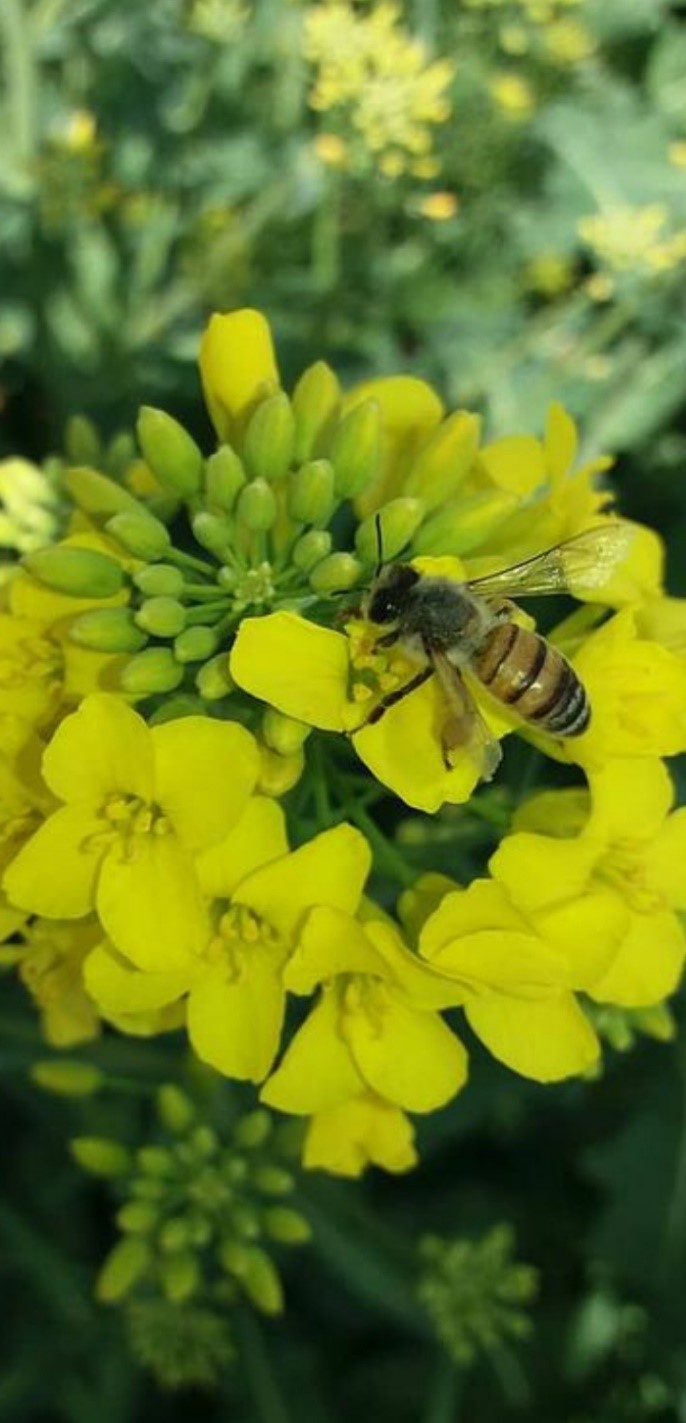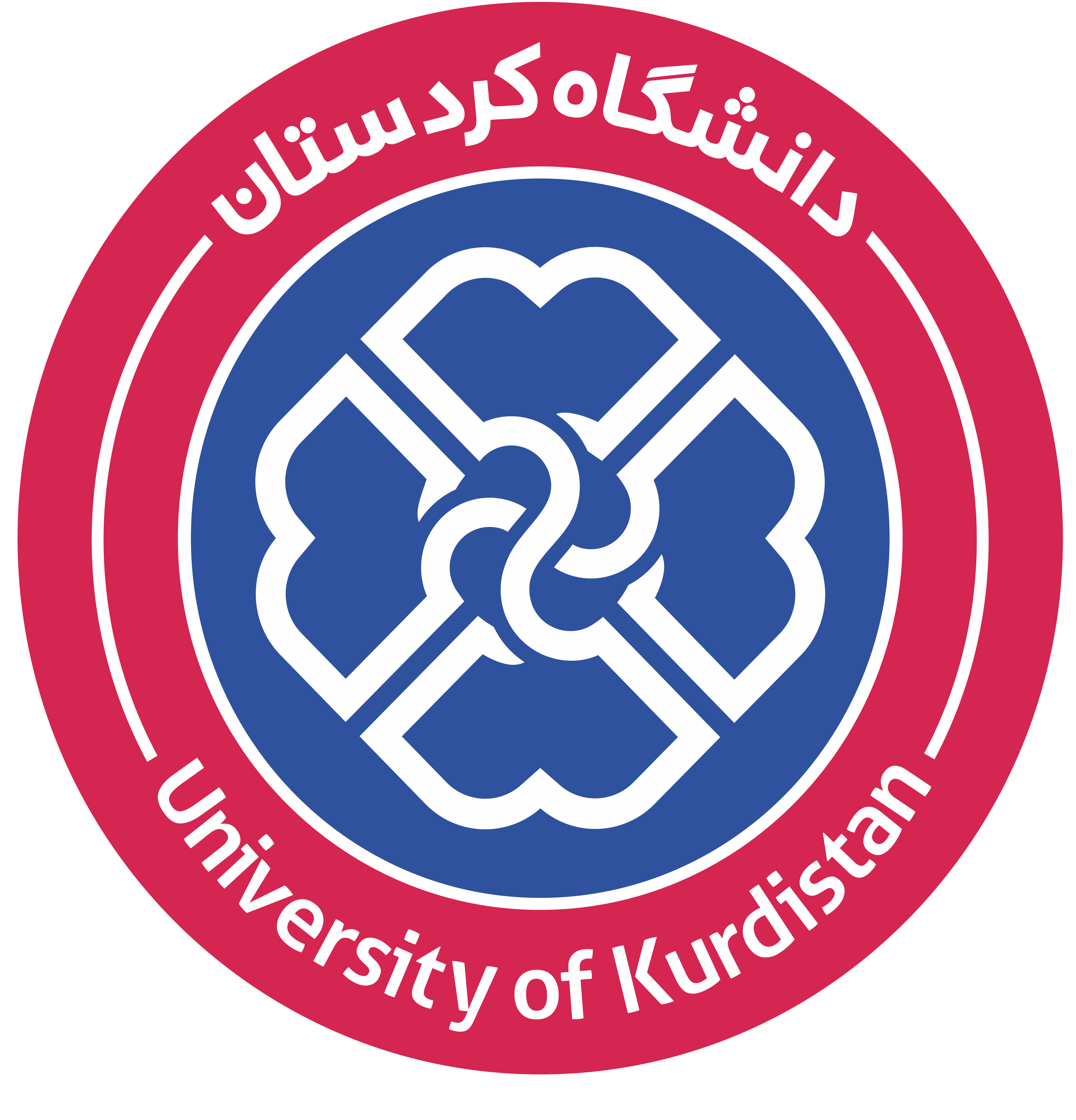
Overview
Department of Plant Production and Genetics Engineering was established in 1995 and started to offer Master of Science programs in Agronomy, Agricultural Biotechnology, and Agroecology in 2009, 2010, and 2012, respectively. Since 2012, the department has also been started training Ph.D. students in Agronomy. In addition to this department started to offer Ph.D. students in Agricultural Biotechnology in 2016.
In 2008, the Department of Plant Production and Genetics Engineering in the field of agricultural biotechnology in the field of postgraduate education was further developed and accepted students in the master's degree of this field. In 2009, the enrollment of students in associate and bachelor's degrees was stopped, and in their place, the field of continuous bachelor's degree in plant production and genetics with the tendency of plant breeding was established. In 2012, the group succeeded in admitting a student in the master's degree in MSc of Agroecology.
After developing various master’s degrees, the Department of Plant Production and Genetics Engineering in 2012 accepted students in the Ph.D. program in agriculture. Also, after attracting undergraduate students in agricultural biotechnology in 2015, the group succeeded in admitting Ph.D. students in agricultural biotechnology in 2016.
Number of B.Sc. students: 85
Number of M.Sc. students: 90
Number of Ph.D. students: 52
Department of Plant Production and Genetics Engineering was established in 1995 and started to offer Master of Science programs in Agronomy, Agricultural Biotechnology, and Agroecology in 2009, 2010, and 2012, respectively. Since 2012, the department has also been started training Ph.D. students in Agronomy. In addition to this department started to offer Ph.D. students in Agricultural Biotechnology in 2016.
In 2008, the Department of Plant Production and Genetics Engineering in the field of agricultural biotechnology in the field of postgraduate education was further developed and accepted students in the master's degree of this field. In 2009, the enrollment of students in associate and bachelor's degrees was stopped, and in their place, the field of continuous bachelor's degree in plant production and genetics with the tendency of plant breeding was established. In 2012, the group succeeded in admitting a student in the master's degree in MSc of Agroecology.
After developing various master’s degrees, the Department of Plant Production and Genetics Engineering in 2012 accepted students in the Ph.D. program in agriculture. Also, after attracting undergraduate students in agricultural biotechnology in 2015, the group succeeded in admitting Ph.D. students in agricultural biotechnology in 2016.
Number of B.Sc. students: 85
Number of M.Sc. students: 90
Number of Ph.D. students: 52
Increasing the quantitative and qualitative yield of crops and medicinal plants is the main purpose of this department. Research topics of the department are:
- Evaluation of crop response to environmental stress
- Crop modeling.
- Weed Management
- Sustainable agriculture
- Medicinal plants production
- Organic farming.
- Transgenic plants production
- Gene isolation, cloning and characterization
- Biotechnological application for enhancing secondary metabolite production
- Discovery and engineering of therapeutic proteins in plants
- Gene expression analysis
- Metabolic engineering in microbial platforms
The importance and position of the field of agronomy as the basis of the other agricultural degrees is well established. The purpose of establishing this field at the undergraduate, graduate, and doctoral levels is to train students who can be experts in various fields of plant production, experts for regional studies for agricultural development, and as managers of agricultural research in public and private production sections. With proper and accurate planning and using the knowledge of agricultural experts, it is possible to use the country's lands as much as possible to increase yield in irrigated and rainfed lands and improve the quality of crops.
Today, agroecology has a special place in science and is one of the priorities of agriculture. The revelation of the negative consequences of conventional systems such as climate change, environmental pollution, increasing pest resistance, and declining product quality, shows the need to establish this field. The purpose of training master’s degree students in agroecology is to acquire the necessary skills to analyze agricultural ecosystems and apply compatible ecosystem technologies on a regional and national scale. Specialists in this field by learning specialized solutions and attention to ecological agricultural systems and low-consumption systems with high yields and compatible with nature in the field of maintaining sustainable crop production, community health, organic farming, production of standard products and production of medicinal plants can be efficient and responsive to the urgent needs of society in macro and long-term policies.
The mission of the Plant Production and Genetics Engineering department is to develop and transfer knowledge of agronomy and plant breeding to continuously improve factors related to the safety, quality, harvest index, and economic value of crops. The Plant Production and Genetics Engineering department at the University of Kurdistan is mainly involved in teaching and investigating different fields of plant sciences with an emphasis on new achievements in this area. The department provides a range of research laboratories, as well as specialized devices for analyzing crops and agronomic products supporting educational programs at both undergraduate and graduate levels. At the undergraduate level, the department offers a general program in plant production and genetics. The graduate program is specialized in agronomy and plant breeding with master and Ph.D. curricula offered in both fields. The main goals of graduate programs are to train students for professional careers enabling them to manage research programs in the area of crop production, crop physiology, and also classical and molecular breeding. Although with sustainability and environmental stability considerations, research is mainly focused on cereals and industrial and medicinal plants to improve yield and quality of production.
Biotechnology and its application to agricultural schemes have been recognized as a leading technology for achieving sustainability of food production in the world. Biotechnology has been also identified as one of the key strategic technologies aimed at supporting sustainable crop production. Therefore, education in the field of agricultural biotechnology in Iran has been considered as an essential part of planning and performing modern agriculture. The training of biotechnology experts in the field of agriculture is one of the main objectives of this program.
Our department provides academic programs for the degree of Master of Science (M.Sc.) and Ph.D. in Agricultural Biotechnology. Ms. C. Students must pass 32 (including thesis or dissertation) course credits. M.Sc. students also must conduct an original research study for their thesis and defend their findings in an oral and public presentation.
Plants genetic diversity
Genomics and Transcriptomics
Molecular basis of plant-pathogen interactions
Genetic engineering, plant tissue culture and production of transgenic plants
Proteomics, protein engineering and protein chemistry
Bioinformatic methods for the integrated analysis of genomic, transcriptomic, proteomic, metabolomics, and phenotypic information
Identification of candidate genes involved in metabolic pathways
Identification of the candidate genes and genetic variation involved in the quantitative traits.
Genomics and Transcriptomics
Molecular basis of plant-pathogen interactions
Genetic engineering, plant tissue culture and production of transgenic plants
Proteomics, protein engineering and protein chemistry
Bioinformatic methods for the integrated analysis of genomic, transcriptomic, proteomic, metabolomics, and phenotypic information
Identification of candidate genes involved in metabolic pathways
Identification of the candidate genes and genetic variation involved in the quantitative traits.
Gene expression analysis in different physiological circumstances.




















